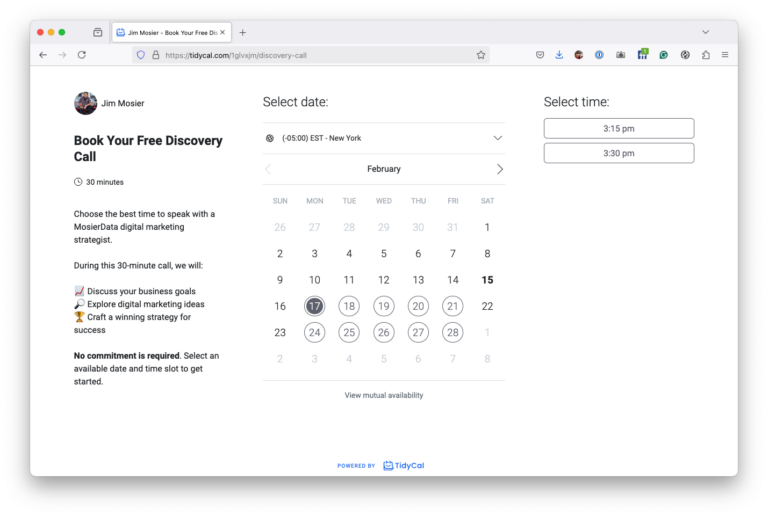The use of reciprocal links was a widely used method of link building popular nearly twenty years ago but has declined in use over the years. The idea was two websites would exchange or “trade” links in order to drive traffic to both sites. Although it has declined in popularity, reciprocal links still are actually useful in enhancing search engine optimization (SEO). Here are some reasons that you may want to consider using reciprocal links. Can Reciprocal Links Enhance Your SEO?
User experience (UX) is now one of the components of how search engines rank websites. One way that reciprocal links can help you is if they are relevant and useful to a visitor to your site. If your site is seen as having original content that is updated on a regular basis and is seen as a valuable source of information, your links become even more critical. In this way, your site becomes trusted by users. In time, not only will using reciprocal links increase traffic and improve your SEO, but it will also help build brand loyalty.
It is good to have other websites link to yours to build your SEO; there is, however, another side to reciprocal links. If the site that you are exchanging links with has a less than sterling reputation you risk being penalized by search engines such as Google and Bing. Therefore you must proceed with caution before you seek to exchange links. Here are some things to look for before seeking to exchange links.
Will the site you are linking to send more traffic to your website? Is it going to send relevant visitors to your site? It makes no sense to exchange links if the visitors who arrive at your site will bounce after a few seconds. It is best to exchange links with a site that is related to your industry or field.
Does the site have a sketchy reputation? Does the site have pornography, or is it spammy? Is the site copying and pasting other sites content instead of creating its own? If the answer is yes to any of these questions, it is best to avoid exchanging links as their reputation can tarnish yours in the view of the big search engines.
Be sure the site you are linking to is relevant to your website, again it can hurt your search engine rankings if it is not. Don’t link to a hub-cap manufacturer if you are selling oranges.
Is the site you are linking to in competition with you? You definitely don’t want your potential customers leaving your site to purchase something at your competitors.
Google discourages backlinking, so using too many reciprocal links can land your website in the penalty box. The idea is to only link with sites that can truly benefit you, and them in return.
How long do you have to wait before you see more traffic on your site and better search engine rankings? The answer is, it depends. Between six and twelve months is the average amount of time to start seeing an impact from exchanging links, but if you are exchanging links with a high traffic website and your site is relevant to their core business, you could see an increase in traffic right away. Remember, trading more than one or two links in a month could bring penalties from search engines, so be sure the sites you are linking with are worth the risk. Reciprocal links may be an old method that has fallen out of vogue, but if done correctly, this old method just might help increase your website’s traffic.

